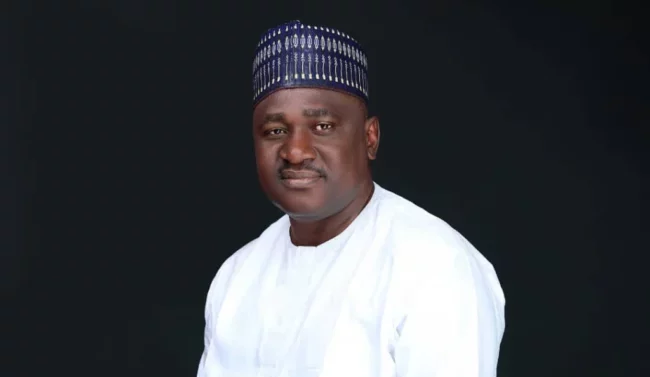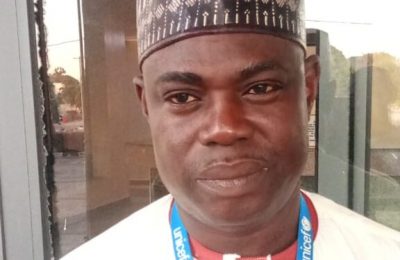The leadership of the Nigeria Union of Teachers has vowed to fight on until the Federal Government reverses its decision to stop funding the Teachers Registration Council of Nigeria (TRCN).
The National President of NUT, Audu Amba, was speaking at the public presentation of the Professional Standards for School Leadership in Abuja on Thursday and took a swipe at the Federal Government for its “inimical decision” to stop funding the only teacher regulatory agency.
Amba called on the Federal Government to ensure that TRCN is restored to the list of agencies being funded from the statutory budget, maintaining that the decision to stop funding the council was inimical to the development of education in Nigeria, especially in a country like Nigeria where teacher quality has been a major issue.

He said, “TRCN is the regulatory body that professionalises everybody that teaches in primary, secondary, and universities.
“We woke up overnight to the news that the federal government had decided to say that they have stopped funding the TRCN.
“I have never seen anywhere in the world that a regulatory body that is supposed to regulate the teaching profession is not funded; do we really mean business when doing this?
He added that the country places much attention on other aspects while paying lip service to the teaching profession, the real implementer of other sectors.

“Are we saying that teachers are inconsequential? We will not allow it to go on as leaders of teachers.
“We will agitate and make sure the government funds TRCN because we have come a long way as the leading country in Africa, so we can’t be seen retracting back,” he said.
Meanwhile, Minister of Education, Prof. Tahir Mamman, speaking at the event, pledged the commitment of the Federal Government towards implementing the teacher scheme as a way of improving the quality of education in the country.
He acknowledged the role of teachers in developing a value system at the heart of learners, hence the need to support their crucial roles.
He pledged the commitment of the federal government to providing the necessary resources, training, and support to help them succeed in their profession.
The minister maintained that the professional standards would serve as a comprehensive framework designed to support and enhance the effectiveness of school leadership.
He said the standards were not merely guidelines but a vision of what exemplary leadership should be by providing a clear pathway for professional growth and institutional success.
“To our school leaders, we want to say this: our work is at the heart of our educational mission. You have the power to inspire, to innovate, and to make a lasting difference in the lives of countless students.
“These standards are here to guide, support, and challenge you to reach new heights. Embrace them with the passion and dedication that define your leadership.
“Let us all commit to upholding these standards, not as a set of rules but as a shared vision of excellence.
“Together, we can build an education system that not only meets the needs of today but anticipates and prepares for the challenges of tomorrow.
The registrar of TRCN, Prof. Josiah Ajiboye, said the review of the Professional Standards for School Leadership was undertaken to reflect the evolving instructional roles of school leaders.
Ajiboye said it was also to provide a comprehensive guiding framework that addresses the contemporary challenges and opportunities within the education system.
According to him, while the existing professional standards emphasise the administrative responsibilities of school leaders, there was a recognised need to establish comprehensive standards that address their crucial role in instructional leadership.
“This charged them with the responsibility to provide professional learning for teachers and is considered the most effective type of leadership practice for improving student learning outcomes.
“The document is setting the stage for a transformative impact on the educational landscape of Nigeria.
“The standards outlined herein are intended to promote a culture of continuous improvement, professional growth, and accountability among school leaders,” he said.
ALSO READ THESE TOP STORIES FROM NIGERIAN TRIBUNE







